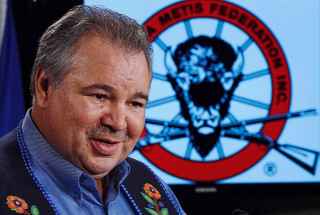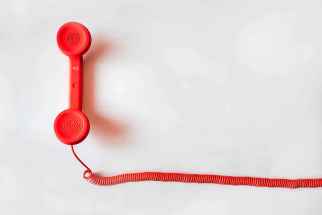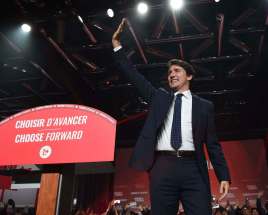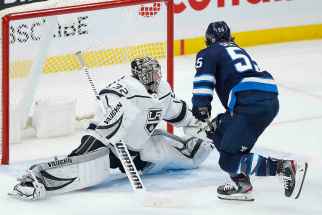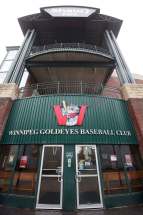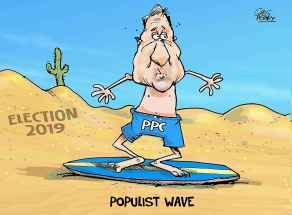Shaw Park lease about dollars and sense
Read this article for free:
or
Already have an account? Log in here »
To continue reading, please subscribe:
Monthly Digital Subscription
$0 for the first 4 weeks*
- Enjoy unlimited reading on winnipegfreepress.com
- Read the E-Edition, our digital replica newspaper
- Access News Break, our award-winning app
- Play interactive puzzles
*No charge for 4 weeks then price increases to the regular rate of $19.00 plus GST every four weeks. Offer available to new and qualified returning subscribers only. Cancel any time.
Monthly Digital Subscription
$4.75/week*
- Enjoy unlimited reading on winnipegfreepress.com
- Read the E-Edition, our digital replica newspaper
- Access News Break, our award-winning app
- Play interactive puzzles
*Billed as $19 plus GST every four weeks. Cancel any time.
To continue reading, please subscribe:
Add Free Press access to your Brandon Sun subscription for only an additional
$1 for the first 4 weeks*
*Your next subscription payment will increase by $1.00 and you will be charged $16.99 plus GST for four weeks. After four weeks, your payment will increase to $23.99 plus GST every four weeks.
Read unlimited articles for free today:
or
Already have an account? Log in here »
Hey there, time traveller!
This article was published 24/10/2019 (2240 days ago), so information in it may no longer be current.
It is hardly surprising that the renewal of a lease for Shaw Park, which is home to the Winnipeg Goldeyes baseball team, has become a source of conflict between the city and the team’s owner, former mayor Sam Katz.
The original lease, struck in 1998, was a pretty sweet deal that was as favourable to Mr. Katz as it was lacking in transparency.

The city-owned land on which the park sits was leased for just $1 per year. Mr. Katz, through a non-profit company, also gets revenues from two city-owned parking lots near the ballpark and a rebate of a portion of property and amusement taxes.
That was then, however, and this is now — and the city would like the Goldeyes to pay $150,000 per year in a renewed lease. The city also wants to take back control of the two city-owned parking lots.
Is the city’s offer fair? Mr. Katz does not think so. He maintains the deal offered to him 22 years ago is still fair and reasonable and should form the basis of a lease for the next 25 years.
Underlying Mr. Katz’s argument, however, is the idea that he runs a business that must be underwritten by taxpayers to remain viable. He is hardly the only businessman involved in the business of professional sports who has made such an assertion.
The Canadian Football League’s Winnipeg Blue Bombers and the National Hockey League’s Winnipeg Jets play in buildings that were heavily underwritten by taxpayer money, and both receive tens of millions of dollars in tax concessions. The argument in favour of these concessions and supports is identical to the argument that Mr. Katz is making: professional sport may be a business, but it is also a community amenity and, as such, deserves public support.
Mr. Katz has the added advantage that he was among the first private business people to invest in the land around The Forks Market and national park. There was concern that hosting a minor-league professional baseball team downtown, in an area where few Winnipeggers willingly visited, was going to be a good investment. It turned out that Mr. Katz’s wager was a good one.
The team and the ballpark have drawn hundreds of thousands of visitors to the core of the city to enjoy what is arguably the most affordable professional sports option in Winnipeg. At the same time, that success has enriched Mr. Katz and his investors. To what extent remains unclear, thanks to the vagaries of the original lease agreement.
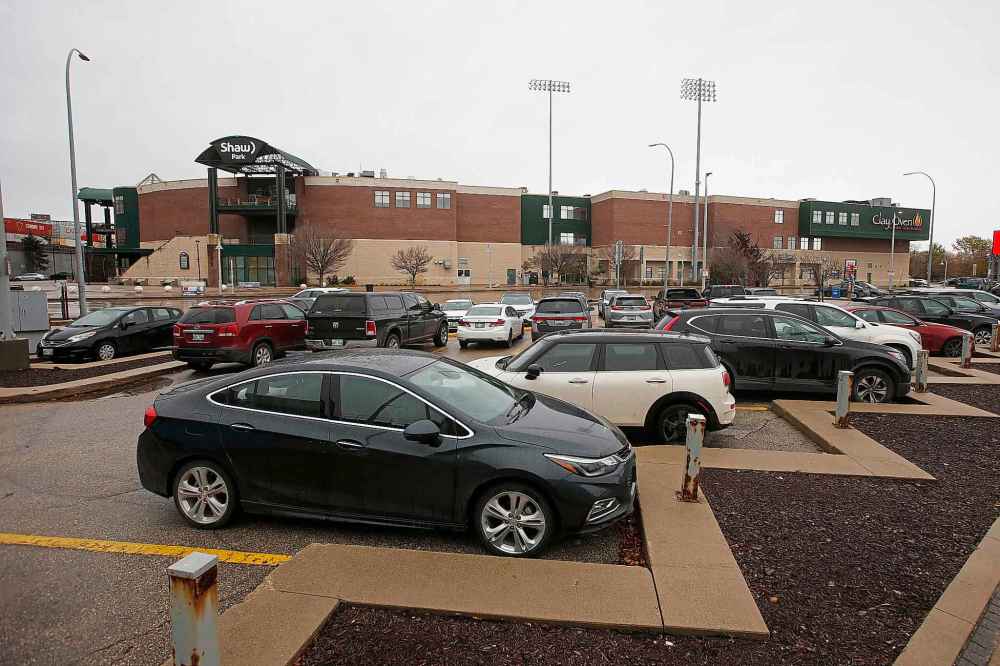
However, the future of the team and ballpark are uncertain. Attendance at Shaw Park has been falling steadily since 2004, and the trend line suggests it will continue to drop for the foreseeable future.
That makes renewing the lease an important public issue. The ballpark sits on some of the most valuable and strategically important land downtown. The city must weigh any future concessions to Mr. Katz against a future in which minor-league baseball may not be financially viable.
More importantly, the city should strike a deal with Mr. Katz that has a greater degree of clarity and transparency. Professional baseball may be considered a community amenity, but it is hardly a non-profit endeavour, and it might not be economically viable in 25 years.
Any lease extension should reflect both of those realities.

